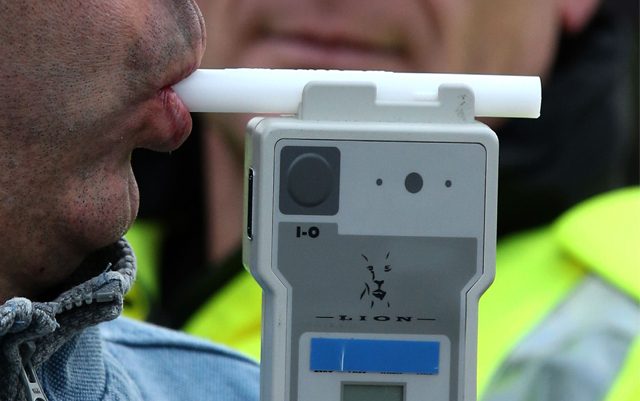I write a lot about how technology is being impacted by cannabis legalization laws. From vaporizers that can be controlled by your smartphone to machines that take most of the work out of making edibles at home, technological advancements centered around cannabis are almost too numerous to keep up with.
Another area that is seeing a lot of progress on the technology front is ascertaining marijuana impairment. As most of you know, this is not an easy task. THC levels in blood can remain elevated for weeks, even if someone has refrained from cannabis use. And since tolerance is different for everyone, even having an accurate THC level from someone’s blood in no way speaks to their level of impairment when it comes to something like operating a motor vehicle.
Several companies and groups are looking to tackle that problem. The one that seems the most advanced in the process of actually bringing breathalyzers to market is an outfit called Hound Labs. They recently completed a $30 million round of raising capital and published an in-house study on how well their product works.
Another group of researchers from the University of Pittsburgh published a study earlier this week that sought to glean data on “a breathalyzer device that can measure the amount of tetrahydrocannabinol (THC), the psychoactive compound in marijuana, in the user’s breath. The breathalyzer was developed using carbon nanotubes, tiny tubes of carbon 100,000 times smaller than a human hair. Nanotechnology sensors can detect THC at levels comparable to or better than mass spectrometry, which is considered the gold standard for THC detection.”
“The semiconductor carbon nanotubes that we are using weren’t available even a few years ago,” said Sean Hwang, lead author on the paper and a doctoral candidate in chemistry at the University of Pittsburgh. “We used machine learning to ‘teach’ the breathalyzer to recognize the presence of THC based on the electrical currents recovery time, even when there are other substances, like alcohol, present in the breath.”
Of course, even if reliable products are created to get accurate THC levels or determine how long ago someone used marijuana, the problem of deciding on a uniform number or standard that depicts impairment is still one that needs to be tackled.
In the end, what usually happens will continue to happen: some impaired people will be caught and charged with DUI, some who are not impaired will get a DUI and many who are impaired won’t even be noticed. It’s the nature of trying to control human behavior, no matter how good the technology of control is.






